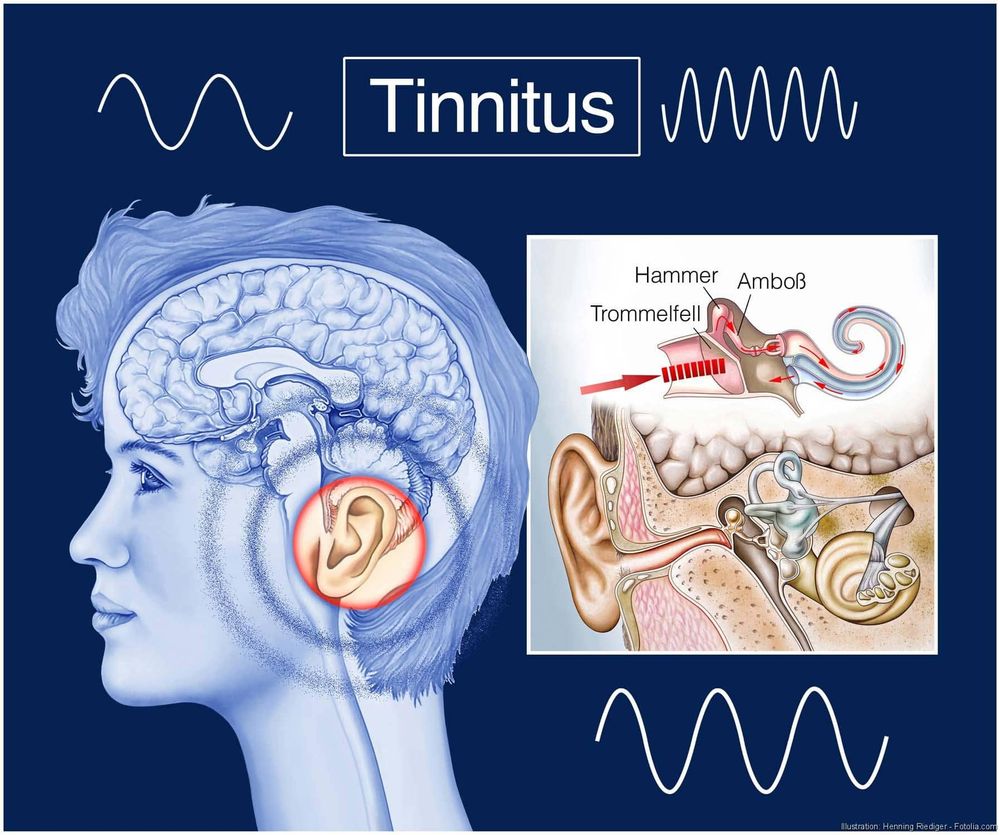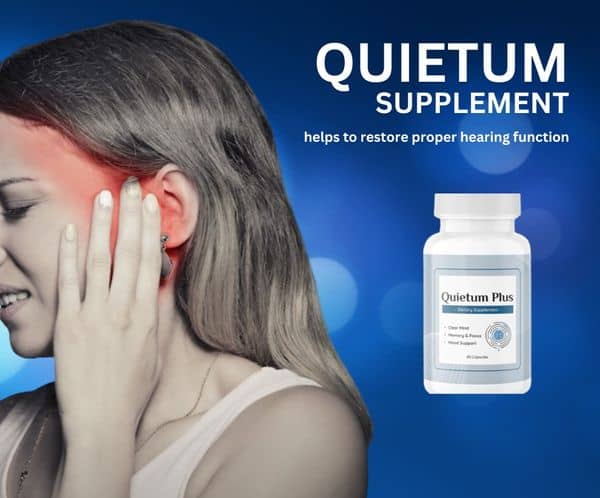Tinnitus Management: Sound Therapy, Cognitive Behavioral Therapy, and Promising Research

Tinnitus affects over 50 million Americans, making it a common condition that causes a ringing or buzzing sound in the ear, with symptoms ranging from minor annoyance to significant distress. While tinnitus has no cure, sound therapy and cognitive behavioral therapy have been effective in managing its symptoms, reducing the severity and frequency of tinnitus. This article explores the causes of tinnitus, the available therapies, and promising research in the field.
The Causes of Tinnitus
Tinnitus can be caused by a variety of factors, including hearing loss, head injury, stress, and medication changes. Prolonged exposure to loud noise, such as music concert or work with noisy machinery, can also contribute to tinnitus. Stress and negative counseling from a doctor can also increase the severity of tinnitus. To reduce the risks of tinnitus, it is important to avoid exposure to loud noise and get professional help when needed to manage stress.
Therapies for Tinnitus
Sound therapy and cognitive behavioral therapy (CBT) have been effective in managing tinnitus symptoms. Sound therapy involves the use of audio devices, such as hearing aids, sound generators and apps, to mask the sound of tinnitus. This therapy can reduce the loudness or perceptibility of tinnitus for some people. Cognitive behavioral therapy aims to help patients to change their thoughts and emotions in response to the tinnitus sound, thus reducing the emotional distress caused by the sound. CBT often involves interactive sessions and homework assignments, making it a popular choice among patients.
Promising Tinnitus Research
Many promising tinnitus research exists, such as OTO-313, FXR-322, oxytocin nasal spray, and bimodal stimulation. OTO-313 is a drug that aims to reduce the activity of specific proteins in the auditory system that contribute to tinnitus. FXR-322 is another drug that aims to restore the function of hair cells in the inner ear that may help reduce tinnitus. Oxytocin nasal spray has been shown to reduce tinnitus symptoms by reducing negative emotions and stress in patients. Bimodal stimulation is a therapy that combines sound and electrical stimulation to reduce the severity of tinnitus. While others like SoundCure and hyperbaric chamber were initially promising, they have since failed.
Testing and Diagnosis for Tinnitus
If you suspect that you have tinnitus, visit your healthcare provider, who might refer you to an audiologist, ENT (ear, nose and throat) doctor or a physical therapist. Tests for tinnitus might include an otoacoustic emissions test, a hearing test, an MRI or a TMJ test. These tests will help narrow down the cause of your tinnitus and help identify treatment options.
Managing Hyperacusis with Sound Sensitivity
Hyperacusis is a condition that causes sound sensitivity to everyday sound, including pots and pans clanging, dogs barking, and water running from the sink. Treatment for hyperacusis is often similar to that of tinnitus and may include the use of sound therapy and cognitive behavioral therapy. An audiologist can help develop a personalized sound therapy for such patients that may lead to habituation of these sounds over time.
Conclusion
Tinnitus is a common condition that affects many people, and while it has no cure, effective therapies, and promising research exist. Sound therapy and cognitive behavioral therapy have been successful in managing tinnitus symptoms. Managing mental and physical health through exercise, planning trips, and socializing with loved ones, along with products like musician’s earplugs, sound machines, and audio books can help. With patience, professional guidance, and persistence, managing tinnitus symptoms is achievable and can lead to a significant improvement in daily life.

